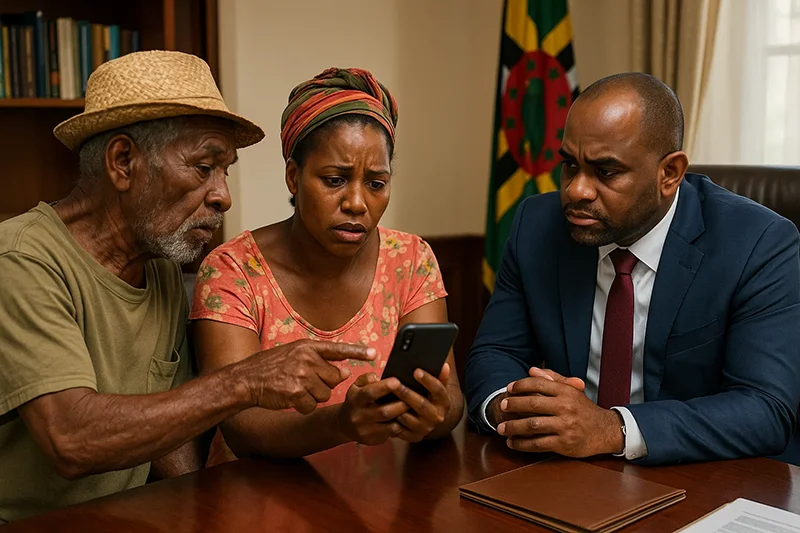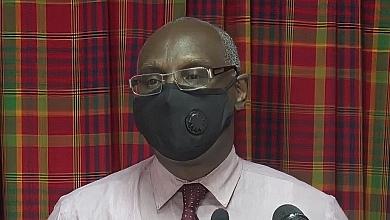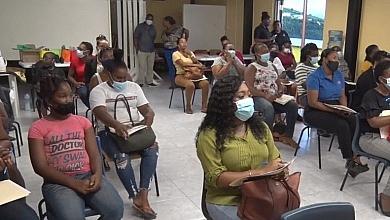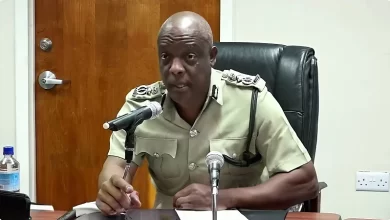
Listening to the People, or Speaking at Them?
There’s a difference between showing up and being present. In Dominica, too many community meetings and national briefings feel like performances rather than conversations. The officials arrive, the speeches are delivered, and the people who were invited to participate are reduced to an audience clapping on cue.
It’s not that citizens don’t want to engage. It’s that they’ve learned the rules of the format. Ask a tricky question, and you might be dismissed. Offer a suggestion, and it vanishes without follow-up. Raise a concern that doesn’t fit the agenda, and suddenly, time runs out. Over time, people stop expecting to be heard.
When communities gather to express real grievances, about youth unemployment, healthcare delays, or neglected infrastructure, they aren’t looking for applause lines or rehearsed assurances. They want honest conversation. They want leaders who will admit what isn’t working and show a willingness to adjust course. That takes more than presence; it takes humility.
The current model treats consultation like a box to be ticked. That mindset fails to recognize the intelligence and lived experience of the public. Dominicans know when decisions are already made. They know when the script is locked. And they know when they’re being talked at instead of spoken with.
It’s time to move away from staged interaction. Community voices should be present at the start of decision-making, not called in after the plans are drafted. If public input doesn’t alter outcomes, then it isn’t real input. If criticism is unwelcome, the process isn’t democratic.
This shift is not just about accountability, it’s about quality. Policies shaped by honest exchange are better policies. When people can explain how something affects them, they reveal blind spots that planners alone can’t see. When young people speak freely about what opportunities they lack, it tells us more than any survey ever could. But this only works if someone is truly listening.
Dominica has no shortage of talented, thoughtful citizens who care about their country’s future. But they are not waiting to be impressed, they are waiting to be invited in. Not with handshakes and photo ops, but with real questions and a seat at the table.
Talking to people is easy. Listening to them takes effort. It means being willing to change course, to admit shortfalls, and to make space for new ideas. It means acknowledging that not all wisdom comes from the podium. Some of it lives in the back row of the village council, or the caller who won’t stop pressing for answers.
If we want stronger institutions and better outcomes, we have to make public input more than a formality. The real question isn’t who’s speaking, but who’s being heard.
This article is copyright © 2025 DOM767








